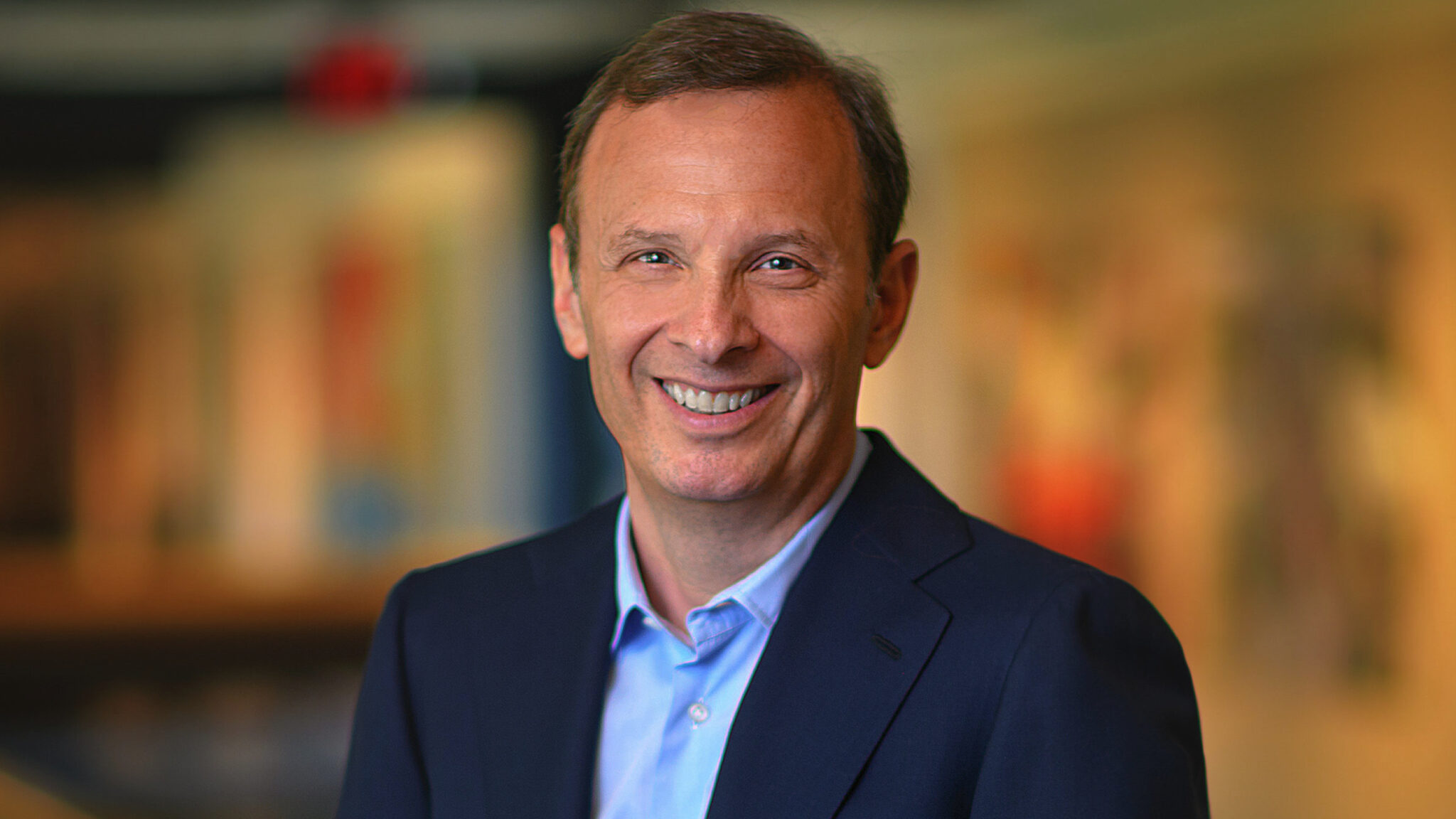
Always busy, Gary Glick recruits OrbiMed in a massive $218M Series A for enigmatic data science biotech
Gary Glick is back at it again, founding yet another biotech company. And by the sheer size of its first raise, this may be the biggest one yet.
Glick has assembled what he calls an all-star roster and recruited one of the biggest healthcare investors in OrbiMed to put together a massive $218 million Series A for his newest venture, Odyssey Therapeutics. The launch, announced Tuesday morning and co-led by SR One Capital Management, comes not three months after Glick sold First Wave Bio to AzurRx for $229 million.
Unlock this article instantly by becoming a free subscriber.
You’ll get access to free articles each month, plus you can customize what newsletters get delivered to your inbox each week, including breaking news.